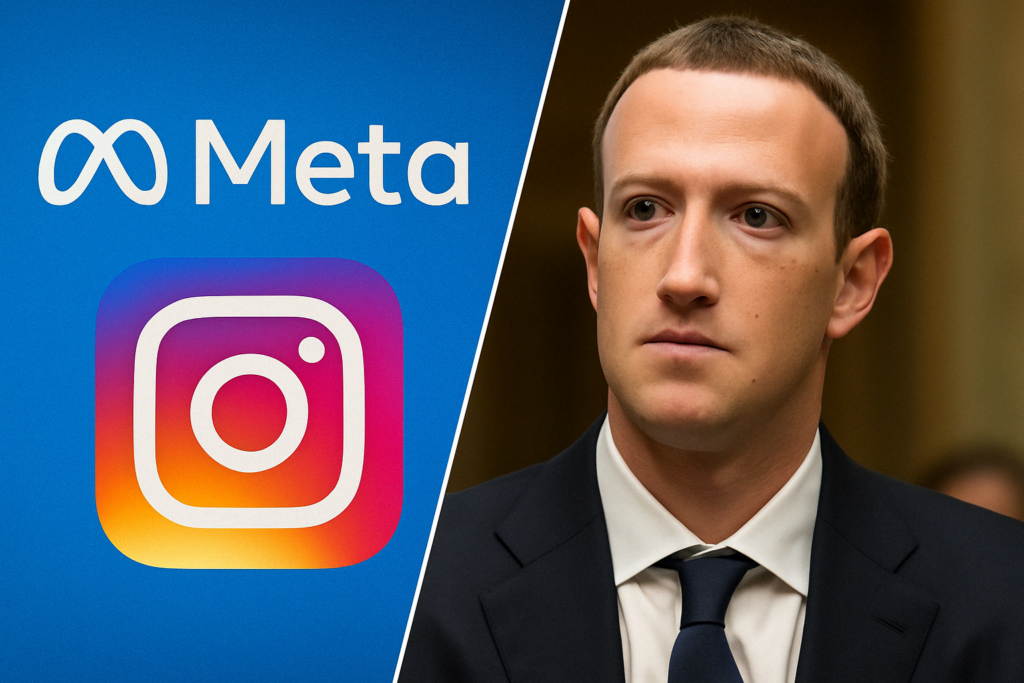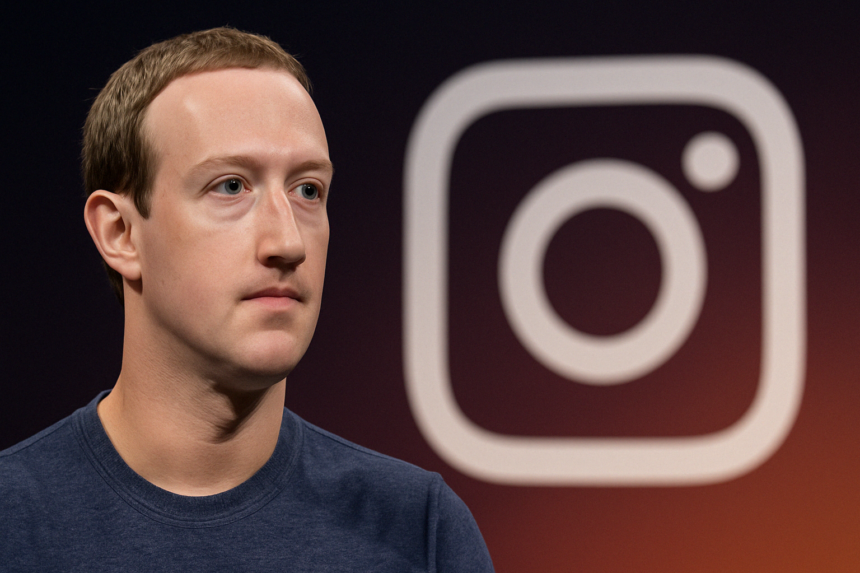In 2018, Mark Zuckerberg, the CEO of Meta (formerly known as Facebook), explored the idea of splitting off Instagram from the company to avoid potential antitrust concerns. The thought process behind this was revealed in documents brought to light during its ongoing antitrust trial. These internal communications suggest that Zuckerberg and his team were concerned about the growing regulatory scrutiny of Meta’s influence on the tech market. The European Union and the U.S. Federal Trade Commission (FTC) have been particularly vocal about the concentration of power in the hands of tech giants like Meta, and this legal case involves the company’s aggressive acquisition strategy of Instagram and WhatsApp.
What’s Happening & Why This Matters
The FTC’s lawsuit, which is rooted in antitrust law, challenges Meta’s acquisitions of Instagram and WhatsApp — two major social platforms that have helped solidify Meta’s dominance in the social media market. The case questions whether the company’s acquisitions stifled competition by removing potential rivals. Meta purchased Instagram for $1 billion in 2012 and WhatsApp for $19 billion in 2014. According to the FTC, these moves were part of a strategy that eliminated the possibility of Instagram or WhatsApp becoming competing forces in the market.
Zuckerberg’s testimony has added a new layer to this ongoing legal battle. In court, he discussed the strategies Meta used to deal with competitors, admitting that Instagram’s camera technology was superior to Facebook’s offerings at the time of the acquisition. This acknowledgment has further fueled the argument that Meta sought to squash competition rather than engage in healthy market rivalry.
The case isn’t just about past acquisitions. It has raised critical questions about big tech dominance and monopolistic practices. The FTC has pointed to Instagram and WhatsApp as potential competitors that could have developed independently, creating new competition in social networking and communications. However, Meta’s acquisition strategy has, according to the commission, eliminated these potential competitors and concentrated power within the company, which now controls the leading social media platforms.

Zuckerberg also revealed that many of Meta’s internal apps failed to gain the traction Instagram had. Despite building various social apps, Meta could not match the success of Instagram’s growth model. This speaks to large corporations’ immense challenges in achieving innovation, especially when existing competitors, like Instagram, already have a head start. Instead of competing, Meta opted to acquire these companies, consolidating its influence.
The trial represents a critical moment in antitrust law, with implications far beyond Meta. If the FTC is successful, the ruling could set a precedent for how big tech companies are treated in future merger and acquisition cases. It will help determine if social media giants like Meta, Google, and Amazon will face greater scrutiny, and whether regulatory bodies will attempt to break up companies they see as too dominant.
This case’s ramifications for the tech sector challenge the practices of large firms. It questions whether their acquisitions reflect a competitive market or an effort to dominate their industry by eliminating threats.
TF Summary: What’s Next
The FTC’s antitrust lawsuit against Meta will have far-reaching consequences. If the case succeeds, Meta could face changes to its structure, including the possibility of spinning off Instagram and WhatsApp. The result could usher in new regulations for tech companies that have grown too large or engaged in anti-competitive practices. However, if Meta wins the case, the current regulatory framework could remain in place, allowing large tech companies to continue their acquisition strategies.
Regardless of the outcome, the trial will further discussions on the need for stricter regulations in the technology sector. The social media market is under the microscope, and governments worldwide will be watching closely to see how this case unfolds and whether it leads to tighter controls on big tech.
— Text-to-Speech (TTS) provided by gspeech


